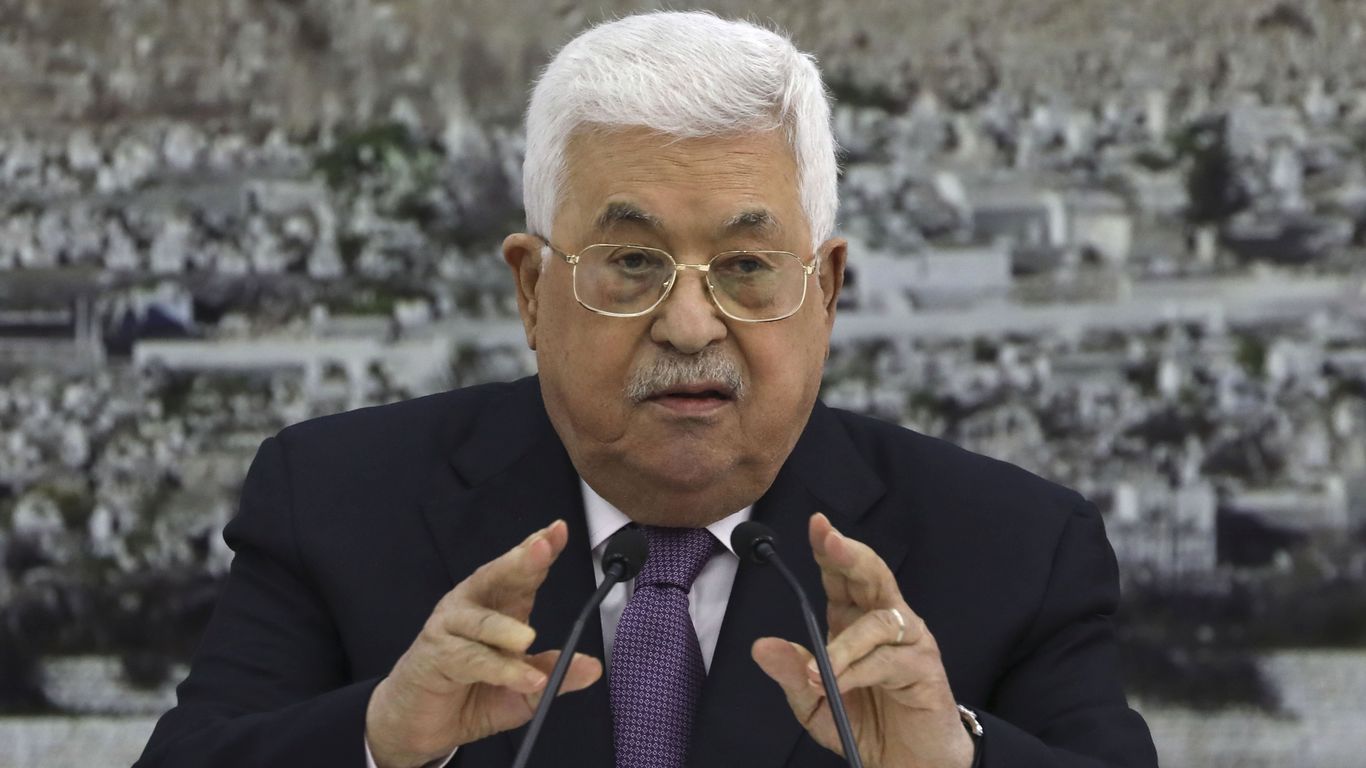
Palestinian President Mahmoud Abbas issued a decree on Friday announcing parliamentary and presidential election data in the Palestinian Authority.
Why does it matter: This is the first time in 15 years that such a decree has been published. The last presidential election took place in 2005, with Abbas winning, and the last parliamentary election took place in 2006, with Hamas winning.
News management: Parliamentary elections are scheduled for May 22 and presidential elections for July 31 – although these plans may fall.
- Abbas met today with the chairman of the central election committee and instructed him to prepare for elections in the West Bank, the Hamas-controlled Gaza Strip and Israeli-controlled East Jerusalem.
- Last week, the head of Hamas’ political bureau, Ismail Haniyeh, told Abbas in a letter that the movement would agree to hold elections as part of a process of national reconciliation.
Flashback: After Hamas won the 2006 elections, the Palestinian Authority deteriorated into a deep political crisis between Hamas and Fatah, Abbas’s party.
- The United States and other world powers have announced that they will not cooperate with Hamas until it recognizes Israel, denounces terrorism, and engages in previous agreements with Israel.
- Hamas has refused to adhere to these conditions and continues to reject them to this day. The United States, Britain, the EU and other Western governments are still boycotting Hamas, and the United States is designating the group as a terrorist organization.
- In 2007, a civil war broke out in the Gaza Strip, and Hamas forcibly took over the area.
The whole picture: Abbas’s announcement comes after numerous failed attempts at reconciliation between Fatah and Hamas and after several election plans failed.
- Abbas, who is 85 years old and in the 15th year of his four-year term, is not very popular. Recent public opinion polls suggest he may lose to a Hamas candidate.
What’s next: Many analysts are skeptical whether these elections will actually take place.
- One of the main stumbling blocks is East Jerusalem. If Israel does not allow the vote there, the elections could be canceled.